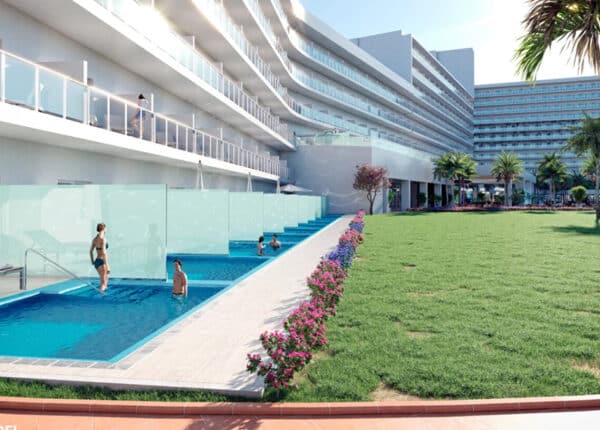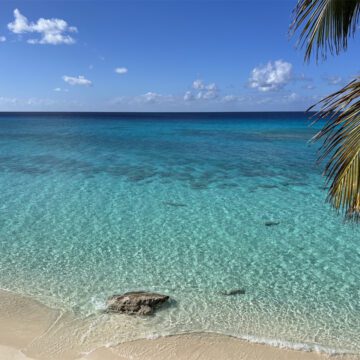By David Rowe
Op-Ed Contributor
JAMAICAN PRIME MINISTER Portia Simpson-Miller commenced her administration with a political proposal of constitutional ramifications, announcing the government’s intention to remove the Judicial Committee of the Privy Council as Jamaica’s final Court of Appeal.
The Judicial Committee of the Privy Council is staffed by a panel of Judges from the United Kingdom Supreme Court, formerly by the Lords of Appeal in Ordinary.
The proposed new final Court of Appeal would be the much-celebrated CCJ, or Caribbean Court of Justice. This court, headquartered in Port of Spain, has been underused by most of the Caribbean region because of local prejudices or distrust of the Court’s personnel.
The Privy Council has been viewed by some critics as a court that actively frustrates the execution of the death penalty, which, at least nominally, remains on the books of most Caribbean territories, despite very few hangings in recent decades. In a sharp contrast to Europe, capital punishment often finds wide support from Caribbean voters due in part to high murder rates in the region.
The CCJ, to which Belize, Barbados and Guyana are signatories, is perceived by some commentators as an institutional strategy to re-introduce hanging. Some supporters believe that, without resuming capital punishment, Jamaica’s desperately high murder rate will stymie the tourism sector. The Privy Council is the final Court of Appeal for most Commonwealth Caribbean death penalty cases.
One of the significant arguments against retention of the Privy Council is the extraordinary financial cost associated with the appeals. Despite the fact that many of the British lawyers involved in Death Row cases work on a pro bono or voluntary basis, Privy Council appeals are still extraordinarily expensive, in part due to high travel costs.
Most politically conservative thinkers in Jamaica are categorically opposed to the removal of the Privy Council. Appeals have been going from Jamaica to the Privy Council since the 17th Century. Some jurists believe that the Privy Council is an important part of the Separation of Powers, which has preserved the stability of Jamaica since Independence. Investors are confident in it and Jamaicans, who generally do not trust their politicians, feel safer.
Jamaica made a previous attempt to abolish the Privy Council. This law failed because of the necessity for a referendum. In St Vincent and the Grenadines, a referendum was held and the Privy Council was retained. Most constitutional scholars in Jamaica are of the view that a referendum is required before the Privy Council may be legally dispensed with.
The Judicial Committee of the Privy Council continues to do its work based on the British Common Law which was received by the Caribbean Countries in the colonial period.
Who better to interpret English law than the English? Some Jamaicans do not think that important judicial decisions about Jamaica should be made by non-Jamaicans in England.
A distinguished Jamaican jurist, Patrick Robinson, sees the fascination with the Privy Council as part of a Caribbean inferiority complex.
What was it in 1962 that led our Founding Father, including the great Norman Manley, to agree to the continuity of the Privy Council? Were they concerned with safeguards that, 50 years onwards, we can now abandon? Are we outsourcing justice because we cannot trust ourselves? How long will these fierce debates continue to rage before the referendum is held? This will be a referendum with a difference.
Currently, the CCJ is adjudicating the case of Jamaican native Shanique Myrie who has made serious allegations against the Barbadian Government about treatment she received while attempting to enter Barbados as a visitor. The court is holding some sittings in Jamaica and the case has received extensive publicity. It is a test of the court’s credibility at a difficult time. As some have already opined, the outcome of the Myrie case may influence the results of Jamaica’s referendum on the CCJ.
The trust fund that finances the court and guarantees its independence is dependent upon consistent payments from the Caribbean territories.
In difficult economic circumstances, will these payments always be forthcoming from each of the countries that uses the Court? At least the Privy Council does not require payments from the Commonwealth Caribbean to sustain its regular institutional existence.
David P. Rowe is an Adjunct Professor of Law at the University of Miami School of Law and a Member of the Bar in Jamaica and the State of Florida.
David P Rowe is an attorney in Jamaica and Florida and an adjunct law professor at the University of Miami School of Law in Coral Gables, Fla.
Note: the opinions expressed in Caribbean Journal Op-Eds are those of the author and do not necessarily reflect the views of the Caribbean Journal.







